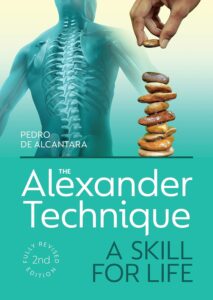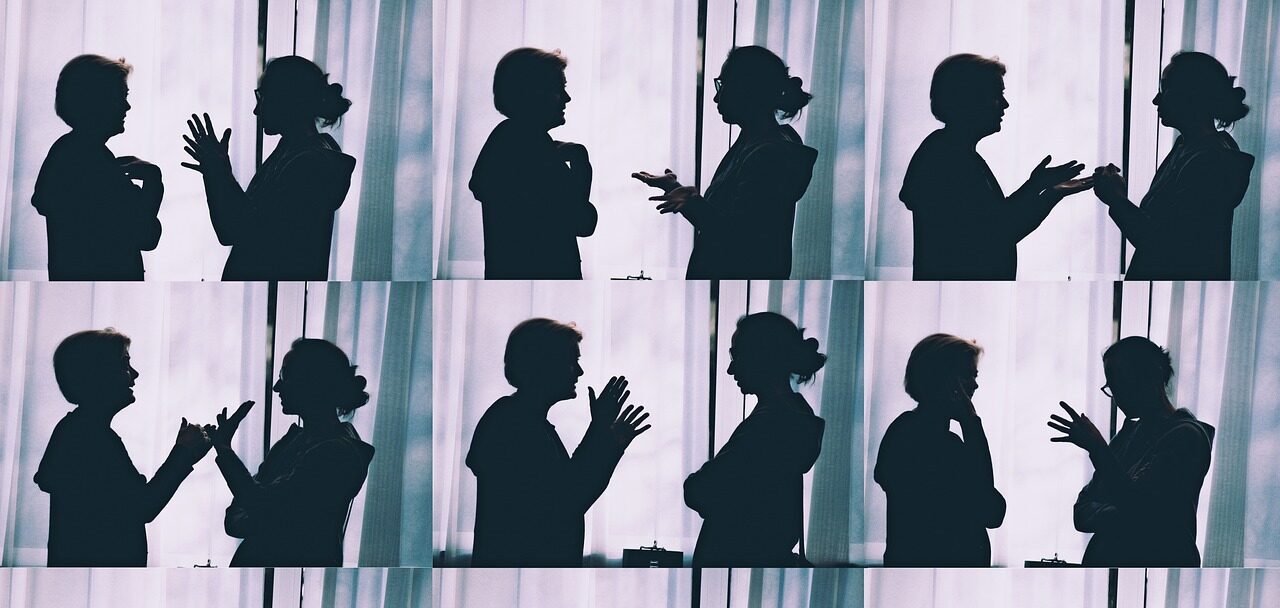A recent article about the emotional challenges during the Christmas season – and how we tend to revert to our childhood selves – caught my attention. It reminded me of some insightful writing on how the Alexander Technique can give us a new perspective on tricky personal relations. The passage ends with a thought on ‘non-doing’, one of the principles of the Technique:
“There exist plenty of situations that aren’t easy to resolve, and plenty of choices that aren’t easy to make. But without choice, all situations are unresolvable. Non-doing isn’t cynicism or sadism or indifference or hostility or fatalism. Rather, it’s the one thing that brings the possibility of choice into your life – and, therefore, the possibility of resolution and release.”
Anyone who thinks that the Alexander Technique is ‘about posture’ might be surprised by the above, and also by the Technique’s well-documented positive effects on the emotions and personal relations.
However, such effects are not so surprising when you consider the central concern of the Technique, which is how the individual as a whole reacts – or does not react – to the stimuli of life. One recent experiment beautifully illustrates how a person’s state of mind and posture are woven together. The experiment found that the severity of a subject’s so-called ‘forward head posture’ was associated with lower mindfulness scores and poorer performance on a measure of inhibitory control known as the ‘Stroop test’.

My quote on non-doing above is from the book The Alexander Technique: A Skill for Life (2nd ed.) by Pedro D’Alcantara, and begins with a discussion of the author’s own challenges in responding to his mother’s smoking habit. The full passage is below, and is a fantastic example of how the Alexander Technique can give us options for both self-care and the care of others which we may not have contemplated before.
I hope you enjoy it, and that it too gives you pause for thought.
My mother had always resisted the family’s attempts to get her to stop smoking. We tried everything: reasoning, pleading, emotional blackmail. After every entreaty, she’d just laugh and light up another cigarette. The onset of her disease made our efforts more insistent but no more efficient.
Little by little, I realized that there was nothing any of us could do to make her give up her habit – in other words, nothing that we could do to change her.
Ultimately, we really can’t know exactly what’s going on in other people’s minds and hearts, including people close to us. My mother had her deep personal reasons to be who she was and how she was. Her cigarettes ‘made sense to her’. And the cigarettes were part of a totality of interlocking parts and elements. There was no guarantee that giving up smoking would, in and of itself, create a completely different and healthy totality.
For a while after I arrived at this understanding. I still wanted to ask her to stop smoking, but I wouldn’t say anything. Finally, almost without noticing it, I altogether stopped wanting to make her change, and I accepted her fully, as she was. From me, she then got no more hectoring; all I gave her was my quiet affection and support.
To some, my detachment in the face of her self-destructive behaviour – my not reacting to it – appeared like indifference, cynicism, or fatalism. ‘Do something!’ indignant friends would beseech me. My mother saw my apparent indifference otherwise, and she once paid me a great compliment: ‘You’re not like the others,’ she said with gratitude. (My indignant friends, I note in passing, behaved towards me in the same way my family had behaved towards my mother, trying to change what could not change.)
There exist plenty of situations that aren’t easy to resolve, and plenty of choices that aren’t easy to make. But without choice, all situations are unresolvable. Non-doing isn’t cynicism or sadism or indifference or hostility or fatalism. Rather, it’s the one thing that brings the possibility of choice into your life – and, therefore, the possibility of resolution and release.
Pedro D’Alcantara, The Alexander Technique: A Skill for Life (2nd ed.) pp.71-2

